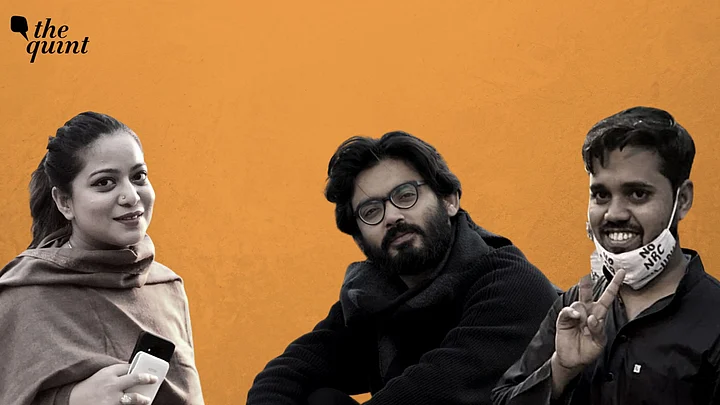On Tuesday, 28 March, the Delhi High Court set aside a trial court order discharging Sharjeel Imam, Safoora Zargar, Asif Iqbal Tanha and eight others in connection with the Jamia Violence case from 2019.
What did the HC say?
According to Bar and Bench and Livelaw, Delhi High Court Justice Swarana Kanta Sharma said:
“Right to peaceful assembly is subject to restriction. Damage to property and peace is not protected”
"Prima facie, as seen in the video, the respondents were in the first line of the mob. They were raising slogans of Delhi police murdabad and were violently pushing the barricades”
More details: As per Bar and Bench, the trial court order has been ‘partially reversed’. Here’s how:
Mohd Qasim, Mahmood Anwar, Shahzar Raza, Umair Ahmed, Mohd Bilal Nadeem, Sharjeel Imam, Chanda Yadav, Safoora Zargar have been charged under Sections 143, 147, 149, 186, 353, 427 of the IPC, as well as under sections of the Prevention of Damage to Public Properties act
Mohd Shoaib and Mohd Abuzar have been charged under Section 143 of the IPC, and discharged from all other sections
Asif Iqbal Tanha discharged of Sections 308, 323, 341 and 435, but charges have been framed against him under other sections
What had the trial court said?
In it’s order, the trial court had said:
“…this Court cannot but arrive at the conclusion that the police were unable to apprehend the actual perpetrators behind commission of the offence, but surely managed to rope the persons herein as scapegoats”
“…a court is not entitled to presume that any and every person who is proved to have been present near a riotous mob at any time…is in law guilty of every act committed by it from beginning to the end…”
“Also, there isn’t an iota of evidence qua sharing of the common object with each other, and with the crowd in general”
The order also quoted Mahatama Gandhi, as well as Chief Justice of India DY Chandrachud, in it’s defence of right to dissent.
(With inputs from Livelaw and Bar and Bench)
